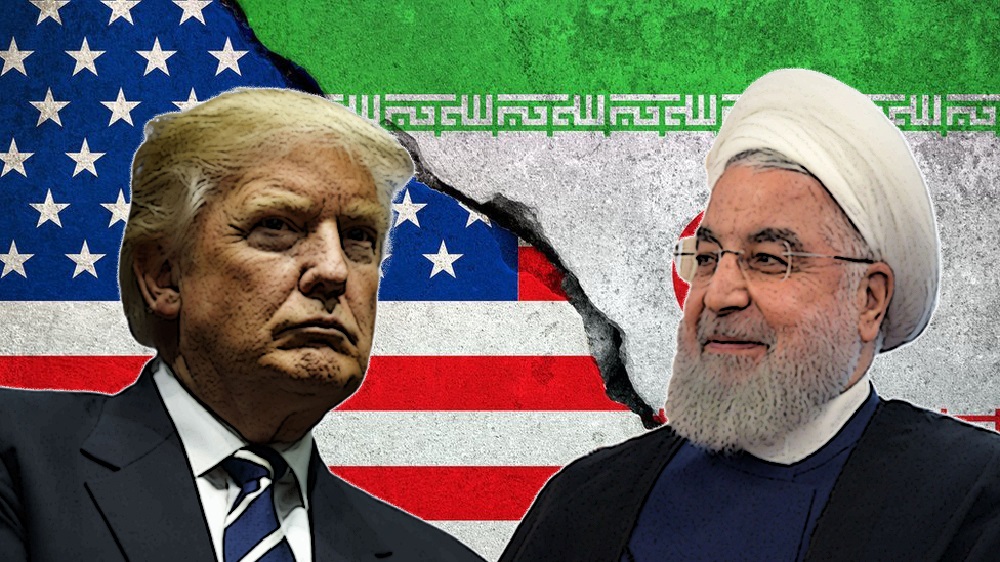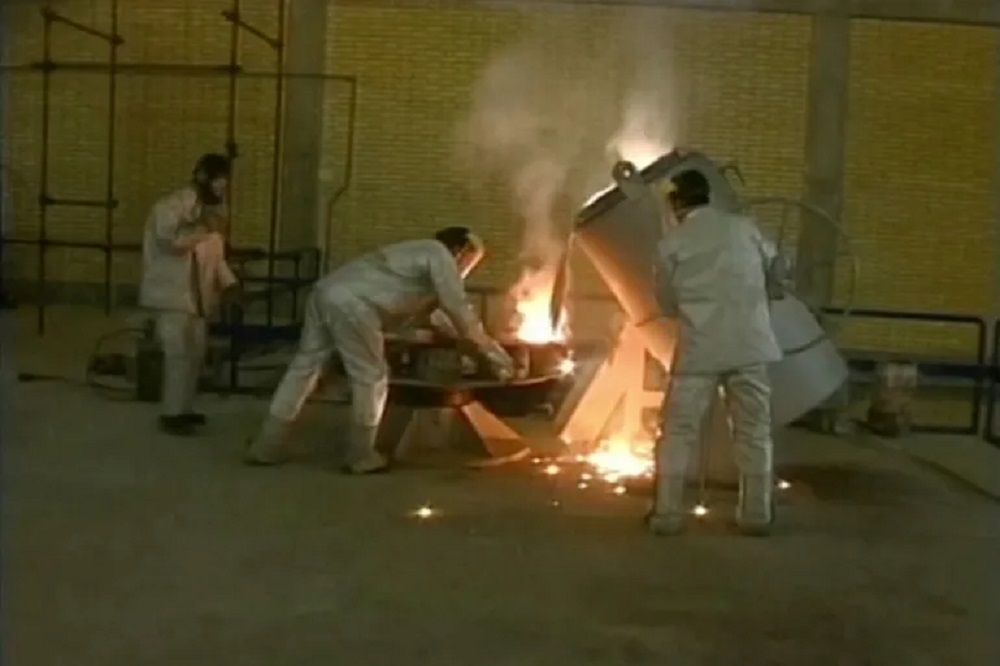Watan-U.S. Secretary of State Mark Rubio announced on Wednesday that Washington now accepts Iran’s right to a peaceful nuclear program, signaling a de-escalation in tensions following newly initiated negotiations mediated by Oman.
Iran, too, indicated openness to an agreement, with Foreign Minister Abbas Araghchi expressing optimism about progress in the talks with the U.S.
Back in 2015, Iran had reached a landmark nuclear agreement with world powers. However, former President Donald Trump withdrew from the deal in 2018, prompting Tehran to abandon its commitments.
2015: Mutual Concessions and Gains
The 2015 agreement focused on preventing Iran from developing a nuclear weapon in exchange for lifting international sanctions. It included strict limitations on uranium enrichment, barred the use of advanced centrifuges, and granted international inspectors access to suspected nuclear sites — including military ones. Iran also agreed not to build new heavy-water reactors for 15 years, with Russia supervising its nuclear fuel supply. In return, economic and financial sanctions imposed by the U.S., EU, and UN were to be lifted, including the release of frozen Iranian assets.
After the U.S. withdrew in 2018, Iran increased its uranium enrichment to 60% and reactivated advanced centrifuges — moving closer to the 90% threshold needed for nuclear weapons.

2025: Political Shifts and Tougher Terms
The 2025 negotiations echo many of the same themes but with stiffer demands. The U.S. seeks a permanent restriction on Iran’s nuclear capabilities and insists Iran abandon all uranium enrichment, offering instead the option to import enriched materials for civilian purposes. Iran, weakened politically after the fall of its ally in Syria and Hezbollah’s military setbacks, might be more amenable to compromise.
Rubio stated that the U.S. will only consider a new agreement if Iran halts all enrichment and agrees to stricter terms, including limits on its ballistic missile program — a topic excluded from the 2015 deal.
Iran’s Demands:
-
Full lifting of economic sanctions
-
Reintegration into the global financial system
-
Removal of the Islamic Revolutionary Guard Corps (IRGC) from the U.S. foreign terrorist list
-
Recognition of its right to peaceful nuclear energy
-
Binding guarantees from the U.S. not to withdraw from a new agreement
Israel’s Position:
In both 2015 and 2025, Israel has staunchly opposed any deal with Iran. Prime Minister Benjamin Netanyahu continues to threaten military action, demanding total dismantlement of Iran’s nuclear infrastructure. Recent reports indicate Iran is fortifying underground nuclear facilities, while Israel insists on a “Libya-style” denuclearization model.
